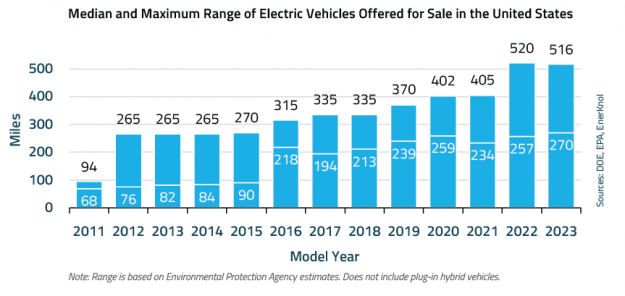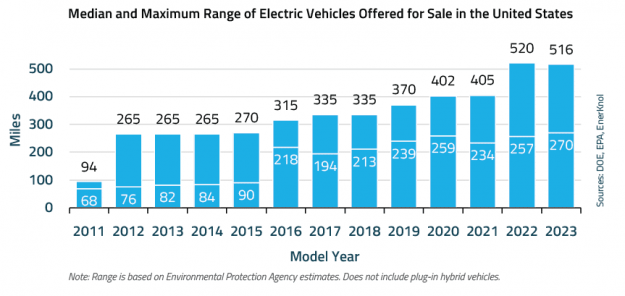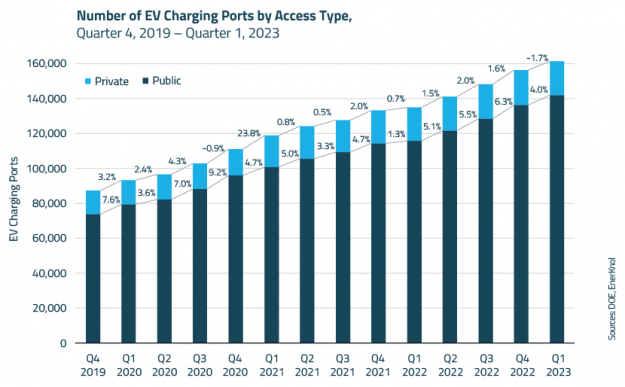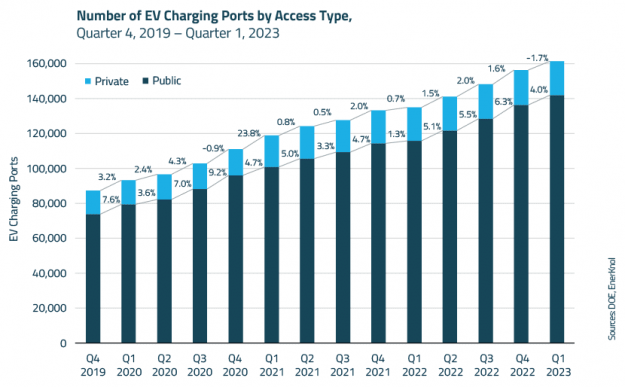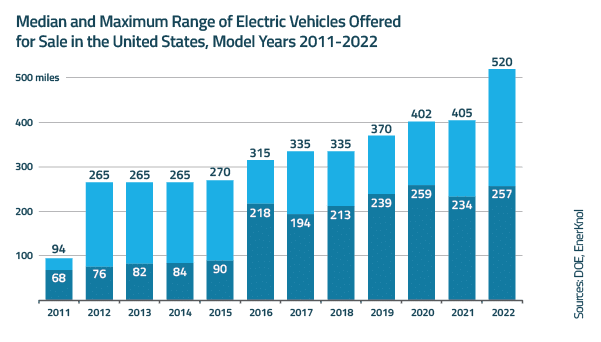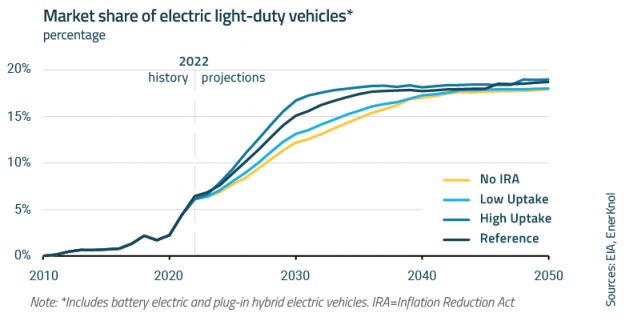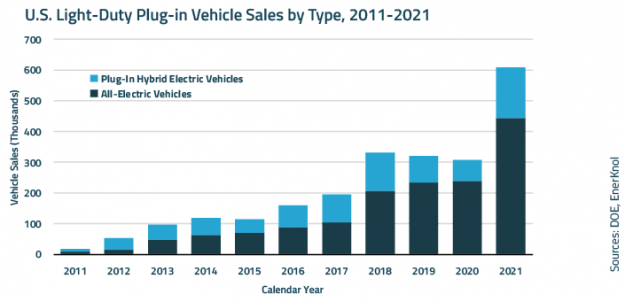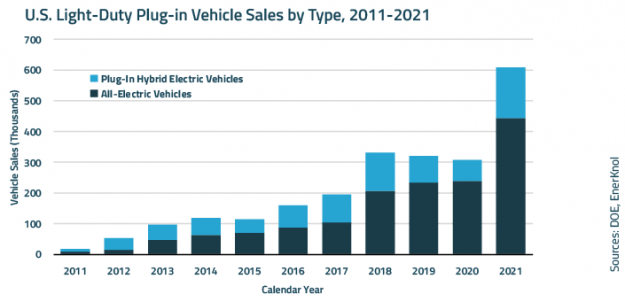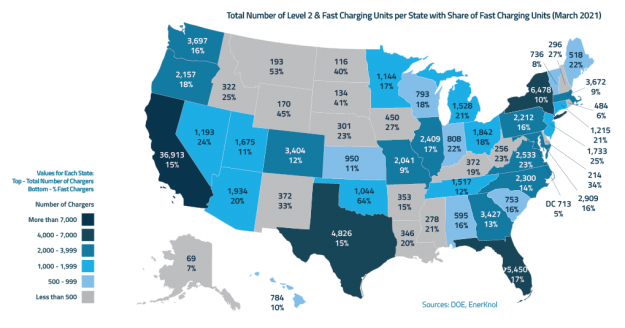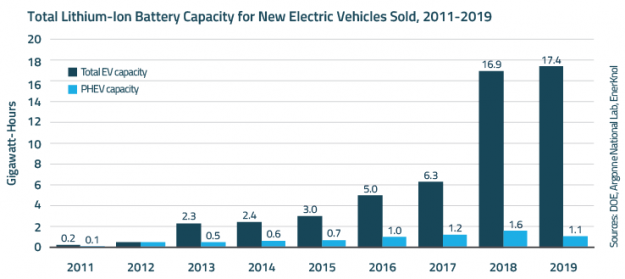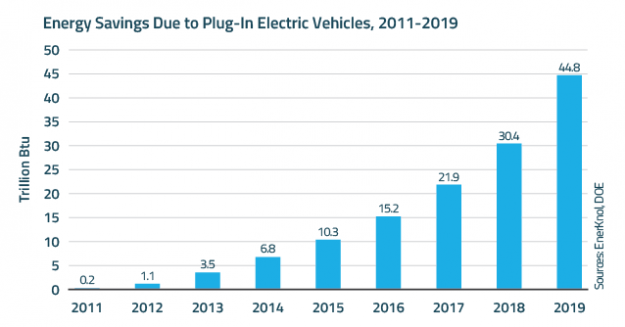Electric Vehicle Rate Design Aims to Align Charging With Grid Demand
To address the escalating demand on the power grid due to the rise in electric vehicle (EV) charging, electric utilities are compelled to develop rate structures that encourage EV owners to charge during off-peak hours, thereby aiding utilities in managing the…Read the full report …...
